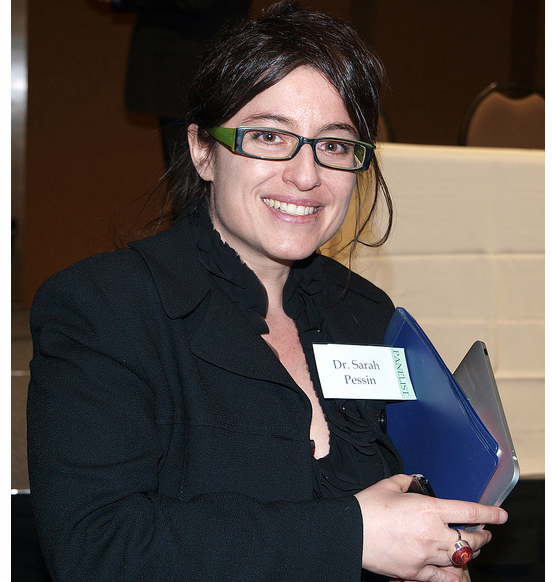-
Conference Schedule
-
http://academic.mu.edu/taylorr/The_Abrahamic_Traditions/2018_Summer_Conference_Denver.html
-
Location
University of Denver
Sturm College of Law (Ricketson Building) #450
2255 E. Evans Ave. • Denver, CO 80208
-
Contact:
sarah.pessin@du.edu
-
Pessin
-
Video link: https://www.youtube.com/watch?v=1djEVCXu-Pw&feature=youtu.be
-
Davies
-
Dr. Daniel Davies
Fakultät für Geisteswissenschaften, Universität-Hamburg
“Abravanel on Maimonides on Creation and Divine Will”
Using Isaac Abravanel and drawing on Avicenna and Aquinas, this paper sets out to explain a difference between how Maimonides seems to characterize the role that God's will plays in the world's creation. Whereas many readers see conflict between two different chapters in the Guide, Abravanel attempts to show that Maimonides talks about God's will and purpose in at least two different senses. One concerns the motivation for creating and the other reflects the teleology inherent in created beings. Exploring how Abravanel tries to square these positions, the paper also explores whether these insights can shed any light on Maimonides' claims about God's knowledge.
Video link: https://www.youtube.com/watch?v=5e0MTO3re3Q
-
Manekin
-
Dr. Charles Manekin
Professor of Philosophy and Director of the Joseph and Rebecca Meyerhoff Center of Jewish Studies, Univesity of Maryland
“Maimonides’ Rejection of the Avicennan Notion of Divine Will -- How Far Does It Go?” (Charles Manekin)
This paper argues that the rejection is genuine, that Maimonides accepts the notion of an originated (vs. eternal) Divine will, but that it remains for him an obscure matter, and it is this obscurity that generates problems/contradictions. For example, he allows for teleology in nature -- he thinks that Aristotle has amply demonstrated it -- but he also thinks that teleology is best explained on the assumption of a Divine particularizer. The paper suggests that this is another example of Maimonides trying to tread carefully between the Aristotelians and the mutakallimun.
Video Link: https://www.youtube.com/watch?v=-4gD7p9Pl_w&t=409s
-
Additional Materials
